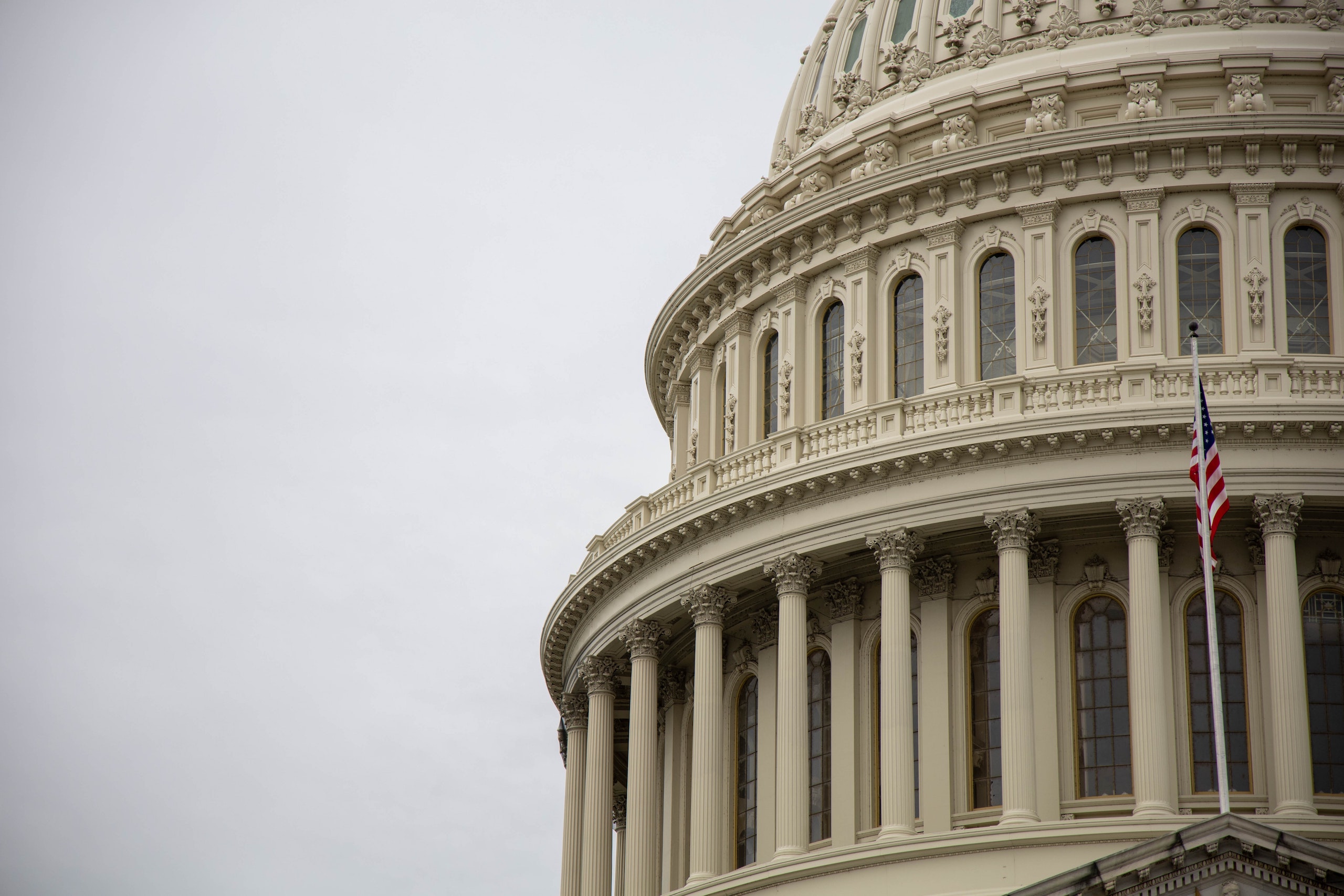
Researchers find broad impacts from political polarization
According to ASU researchers Professor of Marketing Naomi Mandel and PhD student Pradeep Jacob, political polarization is not only damaging elections and government systems. It's damaging consumer welfare and creating challenges for elected officials, policymakers, corporate executives, and marketers.
According to ASU researchers Professor of Marketing Naomi Mandel and PhD student Pradeep Jacob and their colleagues, political polarization is not only damaging elections and government systems. It's damaging consumer welfare and creating challenges for elected officials, policymakers, corporate executives, and marketers — from mental and physical health, finances and relationships, to public good through its effects on psychology, marketing, and public policy outcomes.
In this story published Feb. 10, 2021, in a publication by The University of Wyoming:
As society has become increasingly polarized, politicians’ objectives diverge and their animosity toward the opposition grows, thereby reducing the opportunity for compromise. Partisan incivility is a major reason for failed dialogue: Uncivil exchanges result in disagreement and greater polarization regardless of the evidence presented.
Latest news
- Fall 2025 W. P. Carey Dean's Medalists honored at celebratory luncheon
Top grads from each program recognized for academic excellence and lasting impact on the ASU…
- Teaching with intelligence: Elevating human value in the age of AI
W. P.
- Student projects provide HR solutions for Valley companiesIn MGT 426: HR Consulting Projects, designed by Professor Eric Knott, students serve as HR consultan